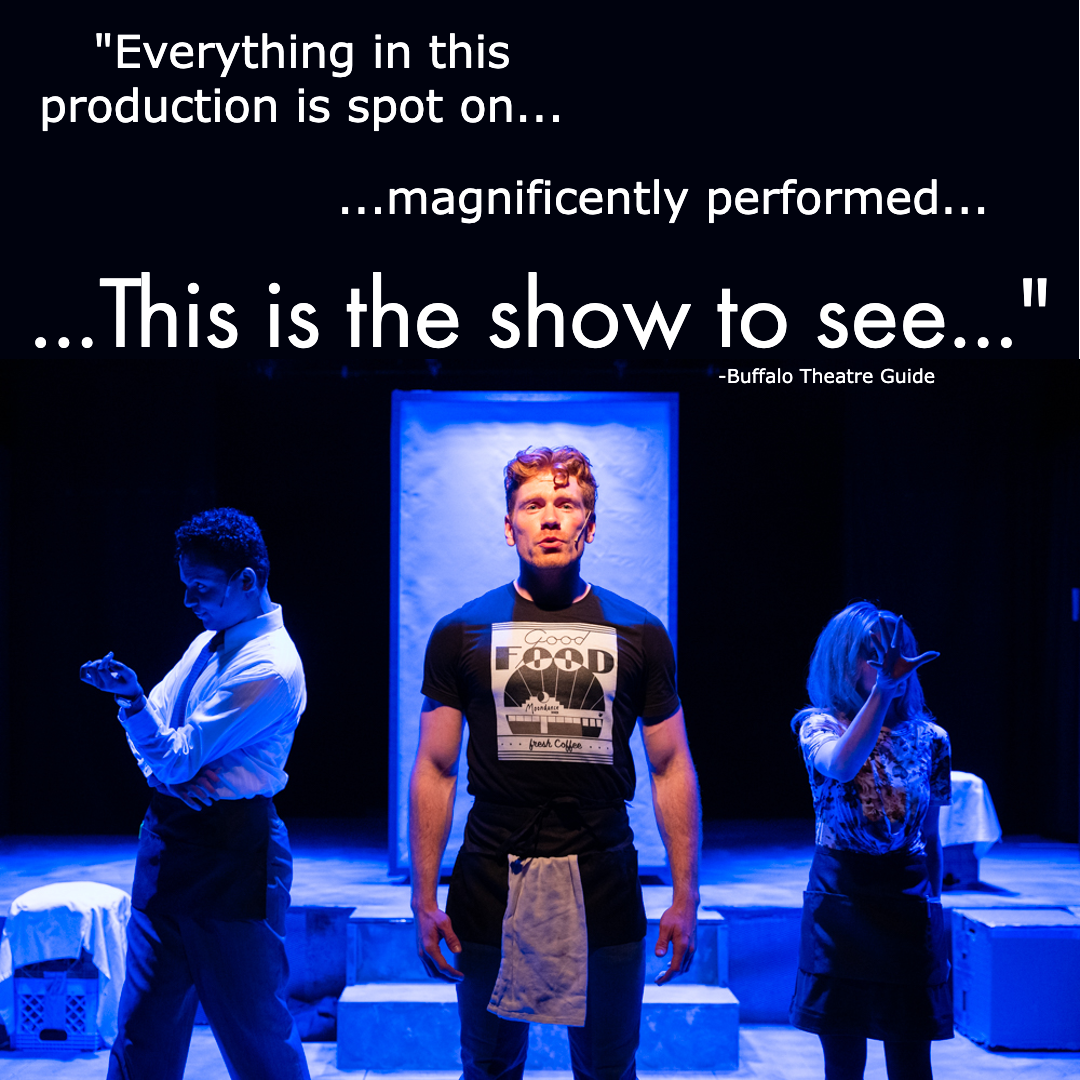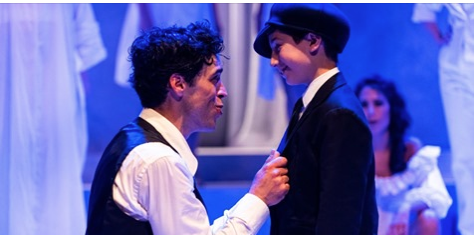
by Second Generation Theatre | May 22, 2023 | News, Press
MAY 21, 2023 / CHERIEMESSORE We’ve all been there. We’re facing a landmark birthday and our BFF is on a new path and our significant other has expectations and we’re staring down a crossroads riddled with self-doubt, anticipation, enthusiasm, and fear. What...
by Second Generation Theatre | Feb 23, 2023 | News
Buffalo Rising takes you behind the scenes of EVERY BRILLIANT THING starring Kevin Craig. Director Charmagne Chi sits down with Kevin and they talk about… well, brilliant things! EVERY BRILLIANT THING runs March 3-19 @ the Shea’s Smith Theatre. Purchase...
by Second Generation Theatre | Oct 26, 2021 | News, Uncategorized
Matthew Nerber When composer Jason Robert Brown debuted “Songs for a New World” in 1995, that title must have rung out like a battle cry for the courageously optimistic. This collection of 19 compositions is thematically linked not by story, but by the shared tendrils...

by Second Generation Theatre | Feb 24, 2020 | News, Uncategorized
Second Generation Theatre is thrilled to announce our 2020-2021 Shea’s Smith Season: ConstellationsOctober 16-November 1, 2020Starring SGT Executive Director Kristin Bentley and Ben Michael Moran this spellbinding romantic journey begins with a simple encounter...

by Second Generation Theatre | Jun 26, 2019 | News, Press, Uncategorized
WATCH MAX’s INTERVIEW HERE BUFFALO, N.Y. (WKBW-TV) — Max Goldhirsch was a typical 11 year-old until he auditioned for a part in a show. He wowed the director and landed a part in the Second Generation Theatre Company production of “Nine”, now playing at Shea’s Smith...




